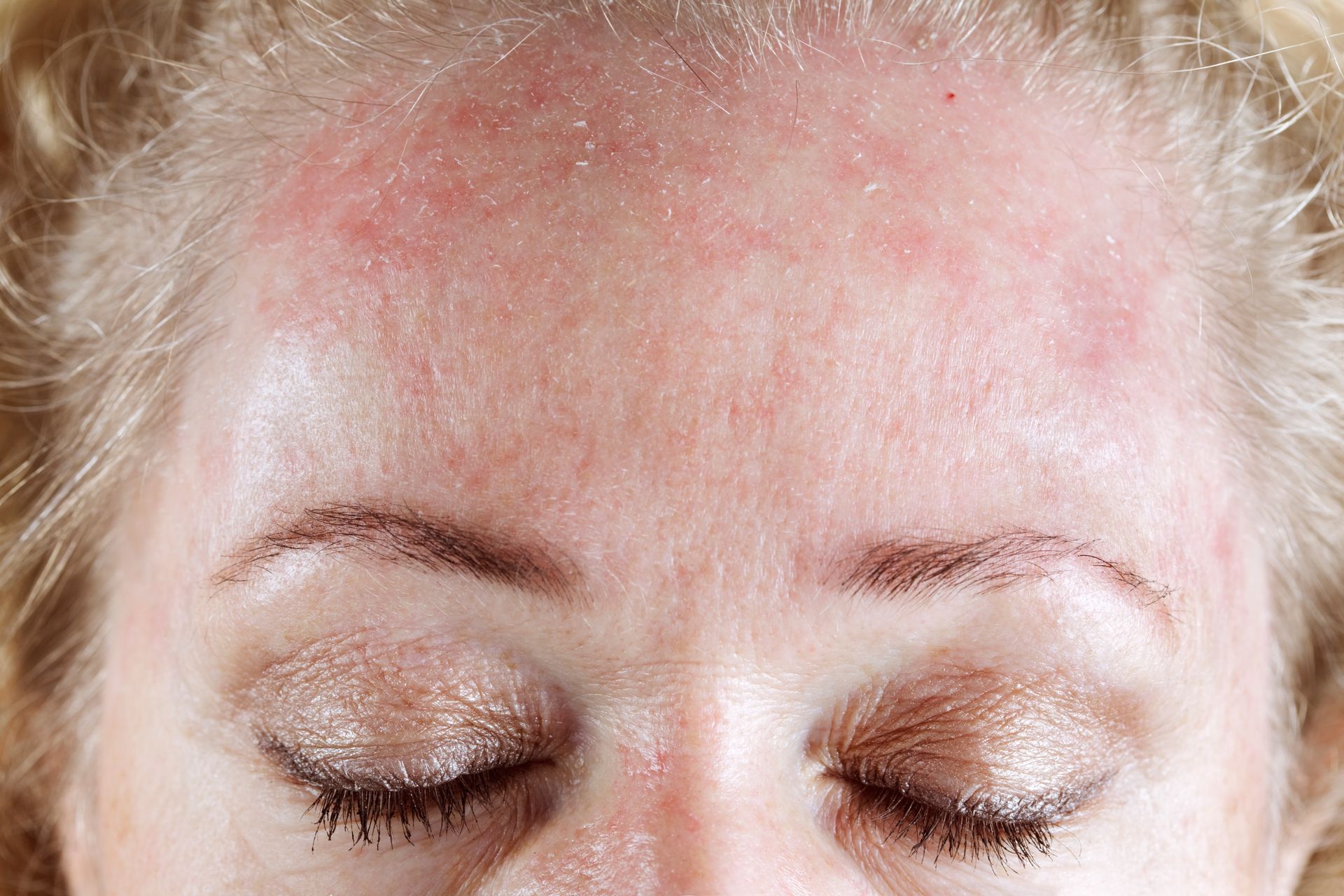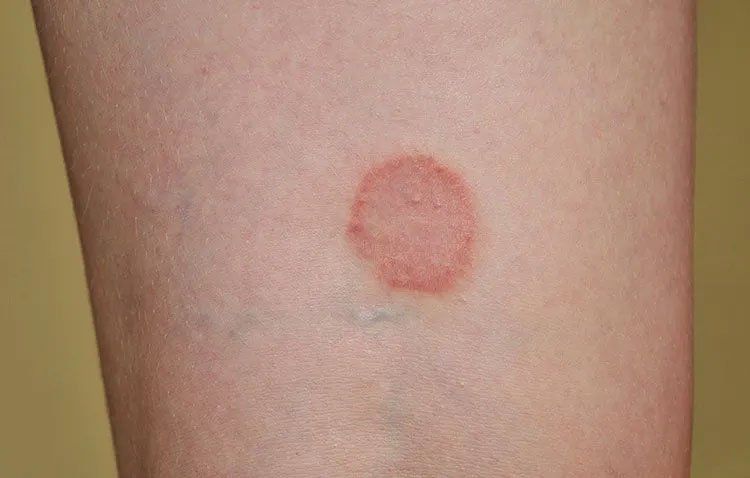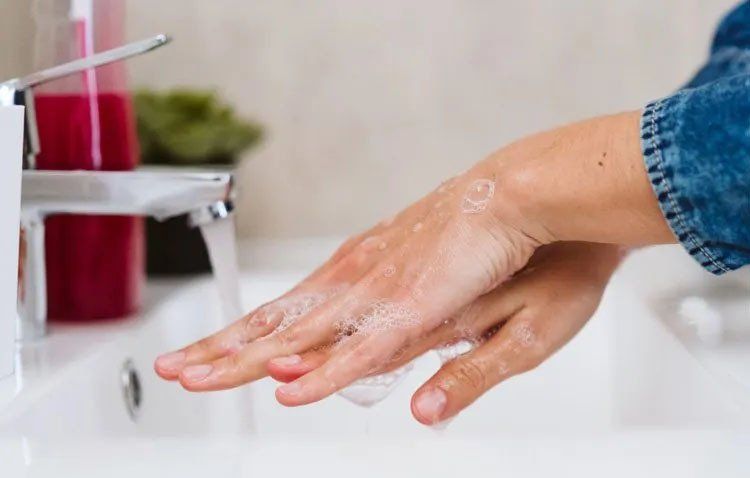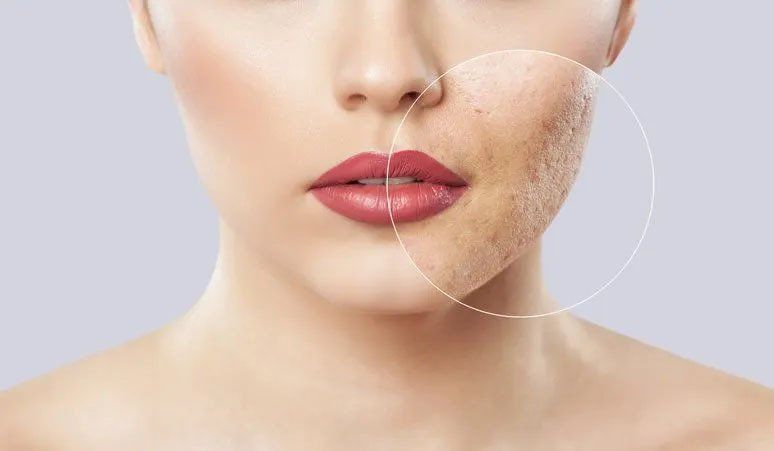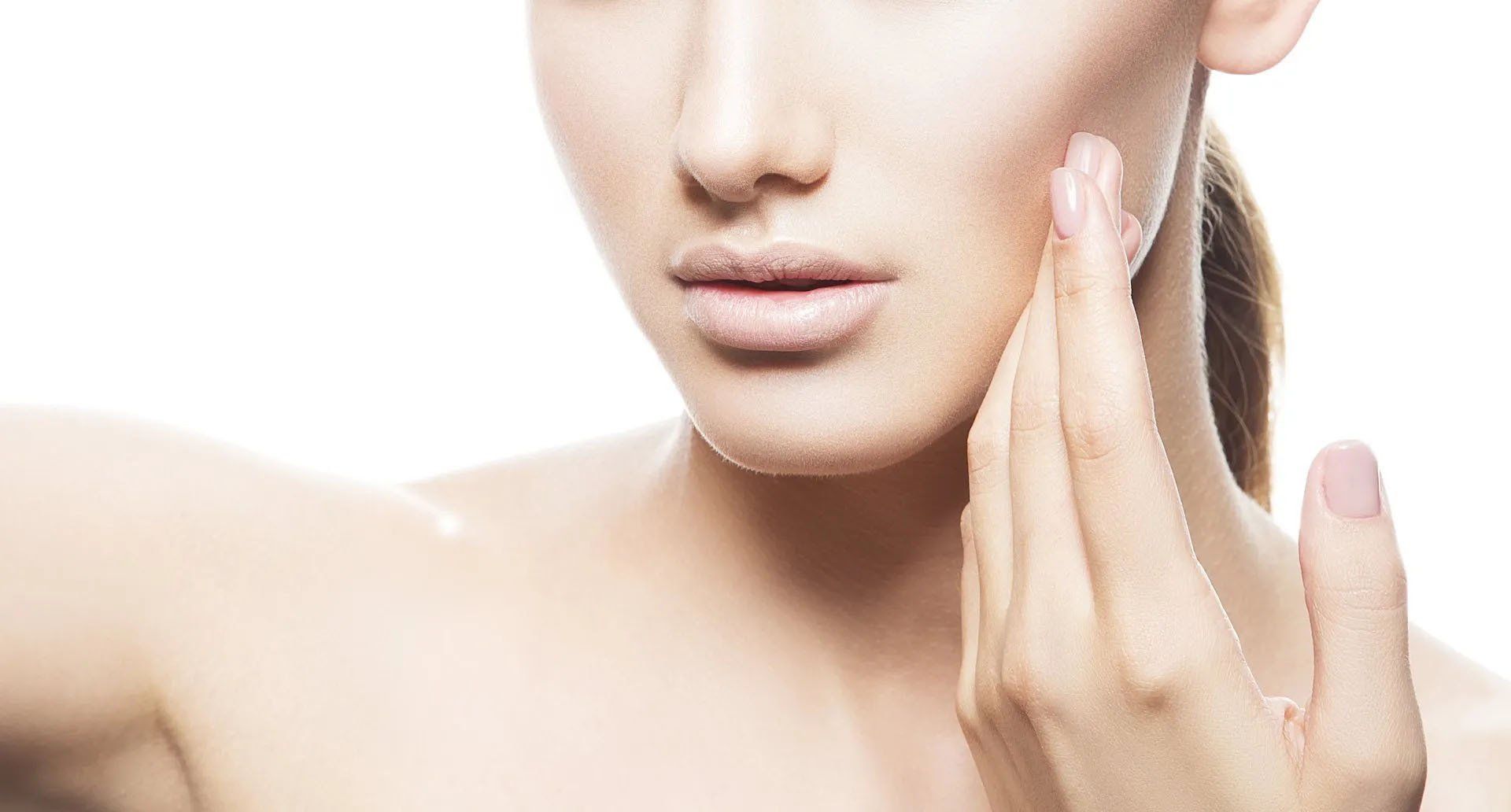5 Factors That Could Negatively Affect Your Skin
December 27, 2018
5 Factors That Could Negatively Affect Your Skin

You may be inclined to believe skin issues affect adolescents and the elderly, but problems with the skin can affect individuals of any age. Regardless of your age, you should consider how your lifestyle and environment may influence the condition of your skin. Here are five factors that may be affecting your skin, and how you might counteract the negative.
1. Wintertime Weather
Cold winter weather often causes dry skin for many. You may notice that your lips feel chapped or your skin becomes flaky and itchy during the winter. Exposure to the biting wind often drains moisture from your skin, and this may aggravate existing skin conditions such as psoriasis. When venturing outdoors on a cold and windy day, do your best to cover up so your skin is not exposed.
Remember to stay hydrated during the winter by drinking plenty of water. Using a moisturizer on your face and body may help as well. Be sure to use a product that is dermatologist tested.
Although you may be tempted to warm yourself by taking a hot shower on a cold winter day, use warm water instead. Hot showers or baths may dry and irritate your skin even further.
2. Exposure to Dust and Pollutants
If you work in a dusty environment, your skin may be taking a direct hit. Exposure to dust, pollutants, and chemicals may clog the pores and make your skin appear dull. Pollutants may also cause acne flare-ups. The best way to counteract environmental effects on the skin is through a smart skin care regimen.
Cleanse your face morning and night to remove dirt and grime. Remember to use lukewarm water instead of hot. Forgetting to cleanse your skin at the end of the day may result in clogged pores and blackheads, so be diligent about your skin care routine.
3. Poor Diet
A poor diet is not healthy in any regard, and your food choices may be affecting your skin. Your skin needs healthy fruits and vegetables that contain antioxidants to fight free radicals that may age your skin. Additionally, too many sweets and carbohydrates may contribute to acne, so limit these in your diet.
Consider adding cashews as well as berries to your diet. Some nuts and berries are rich in zinc and may help reduce inflammation. Also, cut back on caffeine and sodium in your diet, as both can increase your risk for breakouts.
4. Lack of Sleep
If you are sleep deprived, you may notice your skin appears dull or is more prone to acne flare-ups. Lack of sleep may cause your body to produce high levels of cortisol. Cortisol is a stress hormone, and at high levels, the body and skin are prone to inflammation.
You may notice that being sleep deprived also tends to cause dark circles under your eyes. The dark appearance is caused by dilated blood vessels that often occur when you don't sleep enough. Do your skin a great favor and get adequate sleep each night.
5. Hormonal Changes
Your skin often responds to hormonal changes and fluctuations. Females may notice acne breakouts during their menstrual cycle. Dry skin may be more likely as you age and approach menopause. During various stages of your life, hormonal changes may contribute to skin issues.
Remember to be proactive in your skin care routine. Cleansing, moisturizing, and eating a healthy diet may help keep your skin balanced during hormonal changes.
See your dermatologist
for advice if you have further concerns about skin issues and skin care in general. You may need a prescription if over-the-counter products do not begin results.
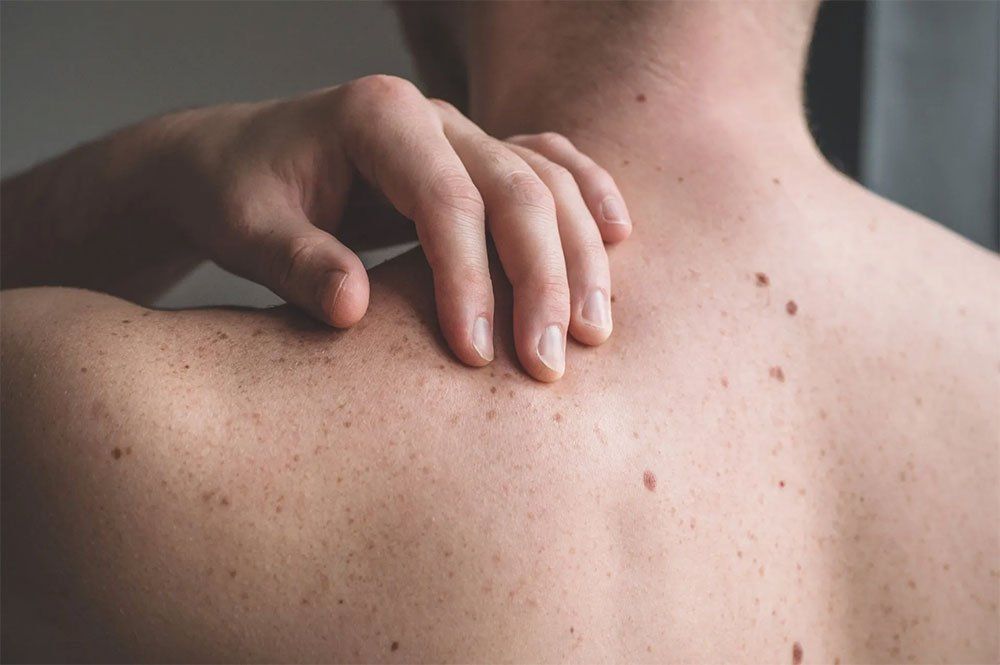
Your body is protected by your skin, which helps prevent damage to internal tissues and infection. However, the skin isn't impervious to disease and infection, and skin conditions are common at all stages of life. If you would like to learn more about your skin, check out these four skin diseases and conditions that are common in adults.
Skin tags develop in almost one-half of the adult population. While these elevated skin growths don't pose any significant health hazards, they can prove both uncomfortable and embarrassing, depending on their location. Fortunately, a qualified dermatologist can remove your unsightly skin tags safely and easily.
Lines around the eyes are almost impossible to hide. Makeup can sometimes make them more noticeable, and sunglasses are not acceptable to wear everywhere. A more effective solution is to learn the little habits that cause the lines to begin or worsen existing wrinkles. Additionally, use these four inexpensive and easy ways to reduce the risk of crow's feet and fine lines.
Lupus is an autoimmune disorder. If you have lupus, your immune system targets your tissue and organs. Unfortunately, you may suffer from skin rashes as your immune system attacks your skin. In fact, skin problems occur in 66 percent of patients with lupus, as noted by the Lupus Foundation of America. Fortunately, a dermatologist can help you combat the skin issues that arise from this disorder.
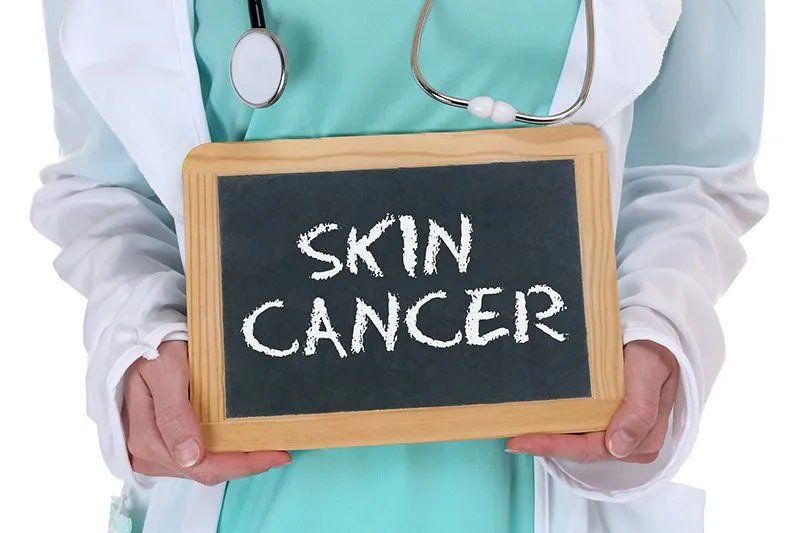
Skin cancer is the most common cancer in the United States, affecting one in five people in their lifetime, according to the American Academy of Dermatology. While some types of skin cancer can be treated effectively, other types, particularly melanoma, can often be fatal. Take steps to prevent skin cancer and reduce your risk.

